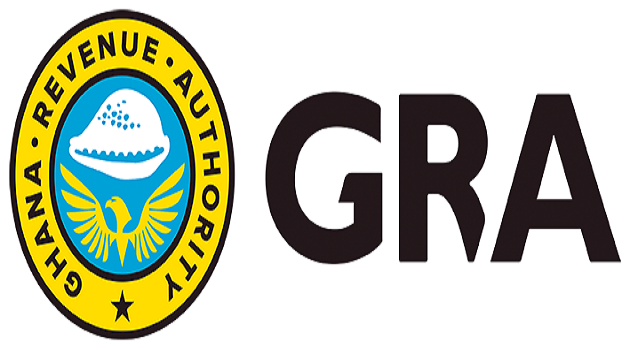The Ghana Revenue Authority is lamenting over government’s huge reduction in benchmark values at the various ports in Ghana with regards to its 2019 revenue target.
According to the Commissioner of Customs, Colonel Kwadwo Damoah, decision by government to slash the import benchmark values by about 50 percent has affected expected revenue from imports.
In an attempt to make Ghana’s ports competitive to other ports in West Africa, the government in second quarter of 2019 announced a fifty percent reduction in the benchmark values of all imports while vehicles witnessed a thirty percent drop.
However, Colonel Kwadwo Damoah speaking in interview with an Accra based radio station said the decision by the government has rather challenged the Ghana Revenue Authority.
“With the Customs Division we have a challenge which has come about as a result of government policies where all vehicles coming into the country have had their benchmark values reduced by thirty percent while that of all other goods had their value reduced by fifty percent. So we start at a disadvantageous position,” he lamented.
Figures from the Finance Ministry indicate that the country in first 6 months of 2019, accrued GHS22.7 billion compared to a target of GHS29.95 billion.
ALSO READ: GRA outlines new directives for auctioning of goods at the ports
The Commissioner of Customs further commented that the domestic revenue collection unit will have to do more to boost revenue for the rest of the year, “If the reduction in import volumes and values were to favour our local industries where we have more manufacturing locally and more exports, then that should be something to be happy about. But if the reduction in imports in terms of volumes and values do not impact on the domestic revenue side, then it means on the whole we are going to lose out,” he added.
Options for GRA to make up for revenue shortfall
The GRA ought to sit up and devise practicable means to raise a tax system that covers the masses of businesses in the informal sector. There are uncountable businesses who earn huge revenues in the informal sector in Ghana, but are not roped into the tax net. We get some success stories with the occasional arrests from tip offs and other spot checks. However, a more robust and far reaching tax system is necessary to mop up taxes from all businesses especially in the informal sector.
Perhaps the recent exercise to enforce TIN registration is a step in the right direction. Ghana requires a more robust tax system. A system that seals leakages and ropes in tax revenue from all revenue generating sectors in the economy. The experts with the Authority should sit up and make this happen. A sure way is to review success stories from other economies and integrate changes into our own system to make it more endearing.
ALSO READ: 10 Important Things you cannot do without TIN (Tax Identification Number)
A prudent tax system does not merely concentrate on the formal sector; that is a lazy tax system. A lazy system seeks to reek in revenue from apparently “easier” sources such as import duties. High import duties eventually implies higher prices because of the import dependency tendencies in Ghana. It is better for the economy to maintain reasonable prices as a result of moderate import rates, and for the authority to consider other underutilized sources for domestic tax revenue.








